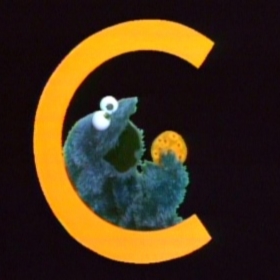Vita, þekkja, kunna, rata: How to Say "Know"

The English word know is amazingly versatile: you can know information (knowledge), you can know a person or a place (familiarity), you can know how to do something (skill), and more. This can cause some confusion as, in Icelandic, there are four words that all translate to know, but are used very differently.
See bin.arnastofnun.is for comprehensive inflections of these verbs, as well as on every word in the language.
Að vita means to know information, facts and figures.
- Veistu hver höfuðborgin í Senegal er? > Do you know what the capital city of Senegal is?
- Hann veit ekki hvað ég gerði > He doesn't know what I did.
- Þær vita ekki hvar Kringlan er > They don't know where Kringlan is.
Að þekkja means to know a person, to be familiar with something, or to recognise something.
- Ég þekki pabba þinn, við vorum á sjó saman > I know your dad, we used work as fishermen together.
- Ég ætlaði ekki að þekkja þig með þessa klippingu > I almost didn't recognise you with that haircut.
- Ég þekki þessa bók > I'm familiar with this book.
Að kunna means to know something by heart, to know how to do something, or to know how to work something. Note the exclusion of being able to do something: in Icelandic, skill or knowledge is independent of capacity. You would say a guitar player can play the guitar: this is skill, að kunna. If you break the guitar player's fingers, you would say he can't play the guitar: this is capacity, translated to að geta.
- Ég kann þjóðsönginn utan að > I know the national anthem by heart.
- Hún kann að spila á gítar, en hún getur ekki spilað með brotinn putta > She can play the guitar, but she can't play with a broken finger.
- Ef það vantar skemmtikraft í veisluna get ég spilað á gítar. Ég kann á gítar > If you need entertainers for the party I can play the guitar. I can play guitar.
Að rata means to know one's way, to know how to get somewhere.
- Úlfrún villtist í Kópavogi og ratar ekki heim > Úlfrún got lost in Kópavogur and doesn't know the way home.
- Bless, ég rata út > Goodbye, I know the way out.
- Hermann ratar ekkert í Kópavogi > Hermann doesn't know his way around in Kópavogur.
Summary Example
In the following example, the English version likely sounds strange and repetitive, while the Icelandic version doesn't.
- Höskuldur ratar í Kringluna og kann bestu leiðina þangað. Hann þekkir fólkið sem vinnur þar og kann að finna bestu útsölurnar því hann þekkir manninn í upplýsingamiðstöðinni og veit að hann elskar kleinuhringi, svo Höskuldur kann að fá upplýsingar.
- Höskuldur knows the way to Kringlan and knows the best way there. He knows the people who work there and he knows how to find the best sales because he knows the man in the information center and knows he loves donuts, so Höskuldur knows how to get information.
It is left as an exercise to the reader to recognise which know maps to what word.
Related reading
If you found this interesting, you might also be interested in these articles.




